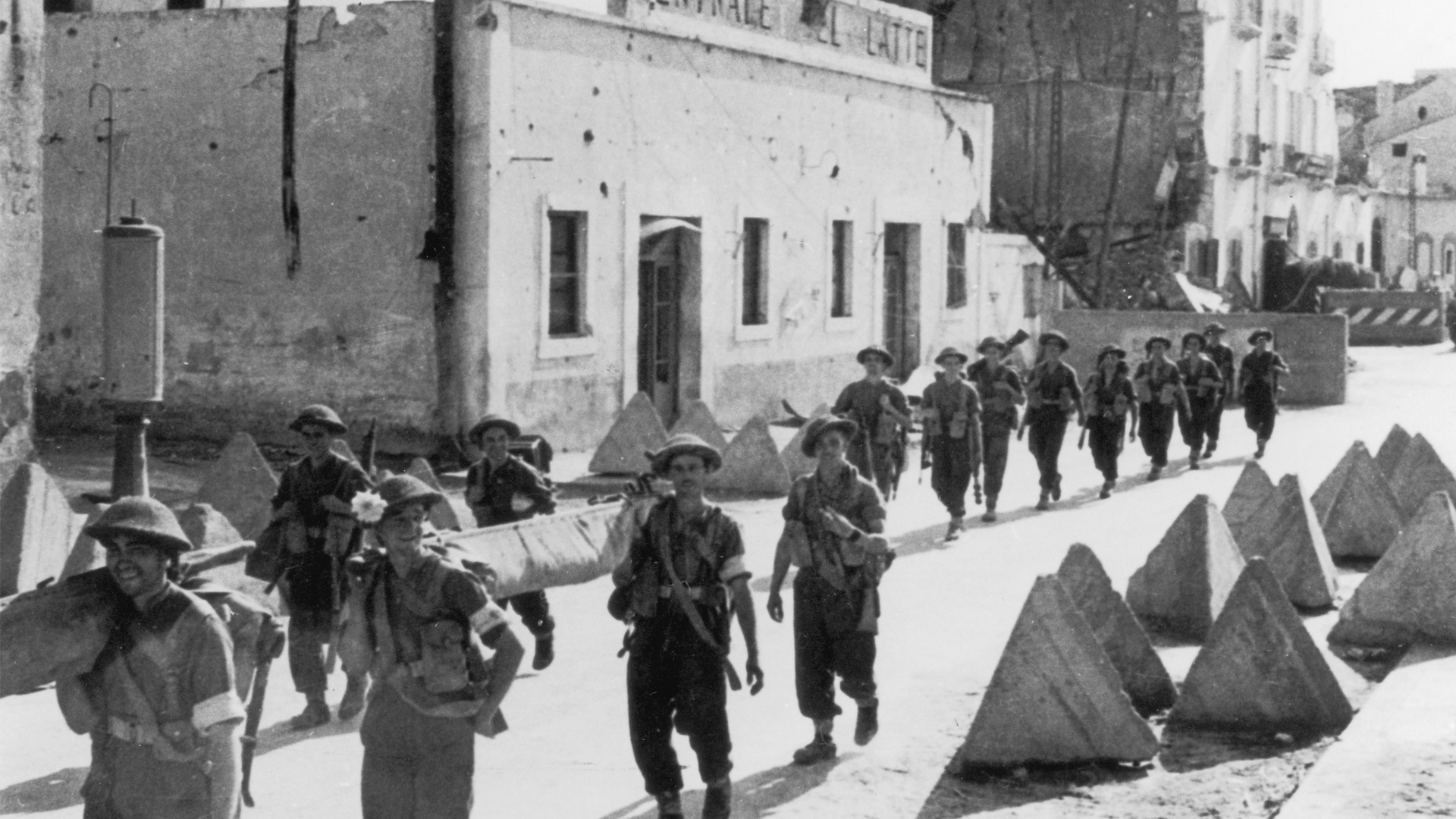November 7 marks 22 years since the Wartime Violation of Italian American Civil Liberties Act was passed
While many are aware of the United States internment of roughly 120,000 Japanese Americans during World War II, few know that more than 600,000 Italian Americans were branded “enemy aliens” and similarly experienced restrictions of their freedoms during this dark period of American history. When the Japanese attacked the United States naval base at Pearl Harbor on December 7, 1941, many Americans, including President Franklin Roosevelt, were convinced that “fifth columnists” or “aliens” – particularly immigrants from Germany, Italy, and Japan, aggressor countries referred to as the Axis powers during World War II – posed the greatest threat to U.S. national security.
For much of the late 19th and early 20th centuries, Italians were the largest foreign-born group in the country. Many immigrants settled in California, particularly in San Francisco and other bay areas where the men made their living as fishermen. By the time World War II erupted, many of those California-based Italians and Italian-Americans had either been naturalized or born in the country – as was the case with Japanese and Japanese Americans. On February 19, 1942, a little over two months after the attack at Pearl Harbor, President Roosevelt signed Executive Order 9066, an act that led to the forcible incarceration of roughly 120,000 Japanese-Americans into barbed wire-enforced internment camps.
While many Italian Americans were fighting for the United States in the European and Pacific theaters, those who remained at home, and especially those who had not yet gained citizenship, were considered enemy aliens. Therefore, Executive Order 9066 also applied to them. Between December 1941 and January 1942, roughly 1,600 Italian-Americans were arrested and detained, according to the non-profit organization the Italian Sons and Daughters of America. Roughly 10,000 Italian-Americans in California were forcibly relocated, over 300 were confined in internment camps across Oklahoma, Montana, Tennessee, and Texas, and the freedoms of more than 600,000 were restricted nationwide – Italian language schools were closed, curfews were imposed, and Italian-American social clubs were frequently harassed, according to The Smithsonian Magazine.
For decades, Italian Americans received no apology, or acknowledgment, from the government regarding the violation of their civil rights during the war. It wasn’t until 1994, through the efforts of Lawrence DiStasi, a Professor at the University of California, that this overlooked part of American history was officially brought to light. DiStasi organized a historical exhibition called "Una Storia Segreta: When Italian-Americans Were Enemy Aliens" composed of photos and documents of what had happened to Italian Americans during the war. The exhibit first opened at the Museo Italo Americano in San Francisco before traveling nationwide.
In 1997, Rick Lazio, the U.S. Representative from the State of New York, alongside Congressman Eliot Engel and Senator Alphonse D’Amato, presented the Wartime Violation of Italian American Civil Liberties Act to the House of Representatives. The legislation called for the President to acknowledge the injustices suffered by Italian Americans during World War II and for the Justice Department to publish a report detailing the specific violations of their civil rights during the war. The law also ordered the names of imprisoned Italians to be made a matter of public record.
“Italian Americans are proud and loyal Americans. The impact of this wartime experience has had a devastating impact on their communities,” said Lazio in his remarks to the House of Representatives in 1997.“As we work for quality and justice in America today, we cannot ignore the mistakes of our past. Italian Americans deserve to have their story told.”
The Wartime Violation of Italian Americans Civil Liberties Act was signed by President Bill Clinton on November 7, 2000. It resulted in a report containing detailed information on the violations of Italian-Americans’ civil rights during World War II and a list of those of Italian ancestry who were arrested and interned during that period. For the first time, the injustices that had taken place against the country’s Italian American population during the war were officially, and legally, acknowledged.
Asia London Palomba
Asia London Palomba is a trilingual freelance journalist from Rome, Italy, currently pursuing her master's in journalism at New York University (NYU). In the past, her work on culture, travel, and history has been published in The Boston Globe, Atlas Obscura, and The Christian Science Monitor. In her free time, Asia enjoys traveling home to Italy to spend time with family and friends, drinking Hugo Spritzes, and making her nonna's homemade cavatelli.

